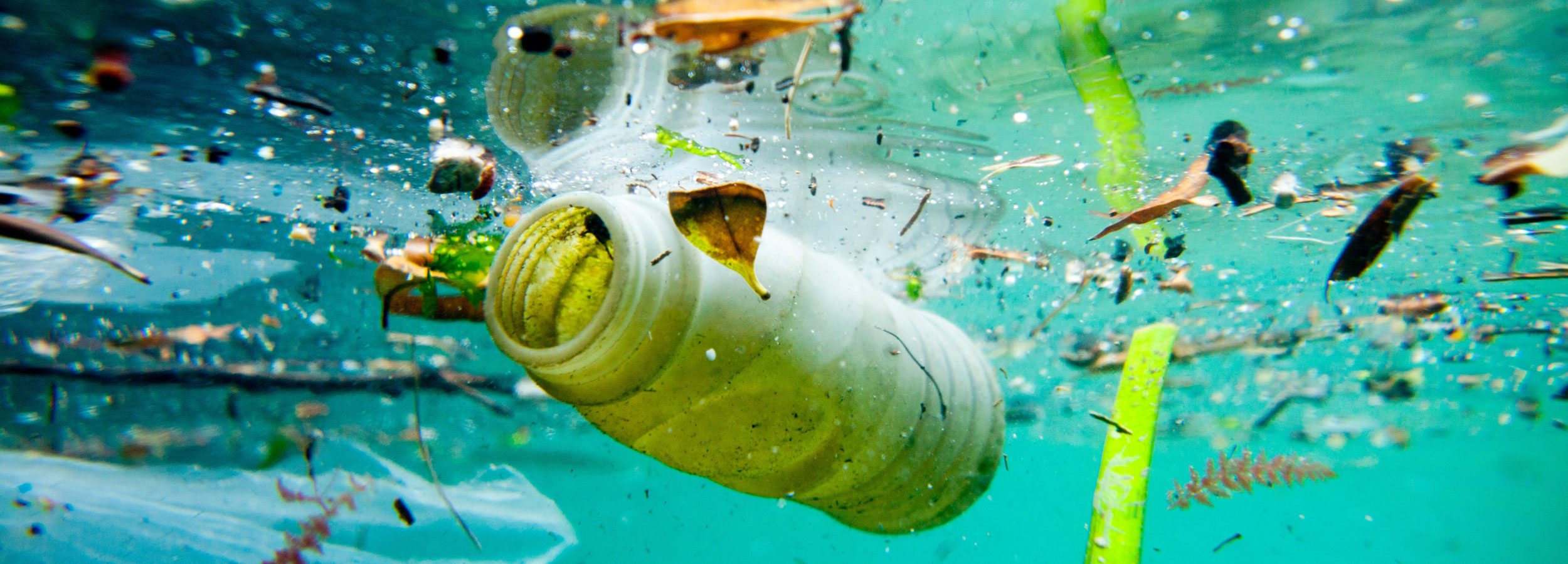Is Recycling Even Real?

Recent reporting reveals that plastic recycling isn’t working as advertised. And, indeed, that it never has. According to those reports, less than 10% of plastic products have been recycled, ever. And, interviews with former insiders reveal that the plastics industry has been aware of the problems with recycling plastic for decades.
Plastic is not one thing, as there are many kinds of plastics. They have to be cleaned and sorted, and then recycled. It simply isn’t economical to recycle plastic, as it’s easier and cheaper to create new plastic from natural gas, oil, or coal. In addition, plastic degrades each time it is recycled, meaning that it can only be recycled once or twice, and the quality of the recycled plastic will be inferior to newly synthesized plastic.
Pictures of increasing volumes of plastics in landfills in the 1960s and 1970s led to a public image problem for the plastics industry. It had an interest in continuing to synthesize new plastic, but in order to do so, it had to promote the idea that plastic was environmentally friendly, that it could be recycled. Beginning in 1989, the plastic industry began to heavily promote recycling. But, it appears to have been little more than a high-stakes shell game.
If this is all true, and I’m inclined to believe that it is, I’m deeply discouraged. I’ve been an avid recycler for decades, apparently having been duped by the propaganda. Instead of my efforts at recycling leading to new plastic products, it now appears that most are just ending up in a landfill, or finding a way from the midwest to the ocean.

And, what about other potential recyclable waste, such as paper products, glass, and metal? I’ve been sorting those for decades, too; putting them in cute bins at the curb or delivering them to recycling centers. I don’t know if my efforts are at all consequential. What is the destination for my recyclables in Coralville and Iowa City? What about in other communities?
If that destination is a landfill, for any or all of our potential recyclables, perhaps we should all stop wasting our time washing and sorting, and just put it all in the trash. We could also spend our local tax dollars on something more productive than recycling bins and curbside pickup.
And, if that destination is a landfill, perhaps we should consider waste-to-energy incinerators, instead. There is one in Ames, and they are particularly popular in Europe. We can capture some of that embedded energy in waste in a usable form, such as steam or electricity, rather than losing it to decomposition in a landfill. Modern plants are quite clean, keeping toxic substances, such as dioxins, well below regulated levels. Yes, carbon dioxide will be released into the atmosphere from incineration, but it is a much less potent greenhouse gas than methane, which is released in much higher amounts from landfills.
I don’t pretend to have all the answers. But, these are questions that should have answers. I’m going to begin by asking our local and state officials to look into what we’re doing with our waste, our supposed recyclables, and particularly plastic. I’d also like them to comment on the economic feasibility and environmental impacts of waste-to-energy plants as compared to landfills.
Disposing of our waste in a responsible manner should not be a partisan issue, as we hopefully all care about our environment. So, I’m hopeful this is an issue we might all be able to address in a bipartisan manner. That certainly would be a nice change.
Peace,
Chris
NPR: How Big Oil Misled the Public into Believing Plastic would be Recycled
PBS Frontline: Plastic Wars
Rolling Stone: Planet Plastic
Waste360: The State of Waste-to-Energy in the U.S.
Columbia University Earth Institute: Putting Garbage to Good Use with Waste-to-Energy
